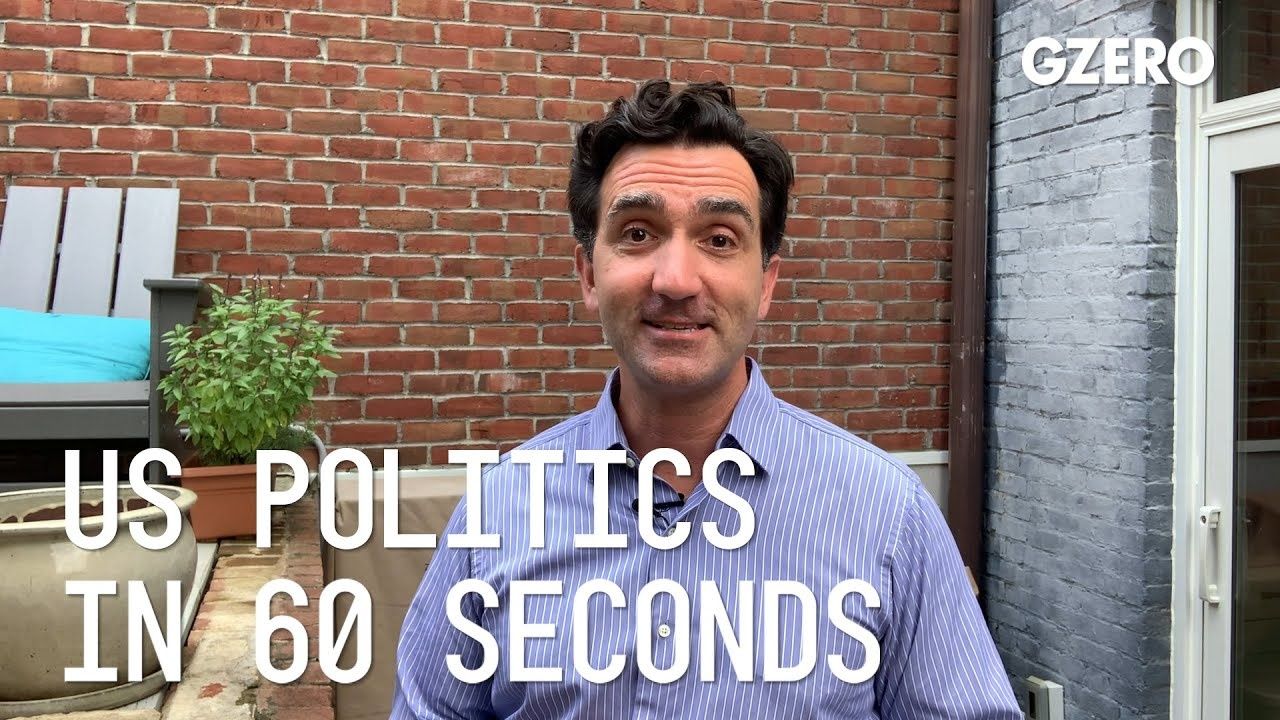US Politics In 60 Seconds
Pressures on CDC for November COVID vaccine release

Pressures on CDC for November COVID Vaccine Release | US Politics In :60 | GZERO Media

How does the CDC look in advising states to prepare for an early November COVID vaccine release?
Well, there's two things going on here. The first is the pressure that the scientists and doctors working in the private sector and the federal government feel to get a vaccine out so we can all return to our normal lives. The second thing that's going on here is the political pressure coming from the White House to get a vaccine out the door so that President Trump can argue that he's returned things to normal. It's unclear which one of those pressures is pushing the CDC to action right now. It's possible that a vaccine is ready for an emergency use authorization by early November. But if the data doesn't support that it's safe, there's going to be a lot of blowback from the public health community, which could in turn undermine confidence in the public to actually take the vaccine when it comes out it is safe. So this is a big issue to keep your eye on.
What impact is Trump's "Law and Order" messaging having on voters in swing states?
Well, so far, the most important impact it's having is by forcing pushback from Joe Biden. Trump wants to paint Biden as an ally of the radical looters and protesters that are burning buildings in streets across the United States. And Biden has been very forceful in pushing back on this and saying he condemns looting, he condemns the violent rioting that we've been seeing, even as he stands with the Black Lives Matter protesters. There's no data to suggest so far that this is working in President Trump's favor. He's had a slight bounce in his approval ratings in the last two weeks or so, but it's hard to tell if that's just statistical noise from the types of polls that have been coming out.
Why is new White House coronavirus adviser Dr. Scott Atlas under fire?
Well, the basic reason he's under fire is because he's pushing a lot of advice that is out of step with the public health community. He's not an infectious disease specialist. He's a radiologist. And he's been pushing a message, questioning things like mask usage, whether or not children can spread the virus, and other things that supports Trump's message of returning the economy to normal, perhaps too quickly. Because of this, there's been a lot of questions about his inclusion on the coronavirus panel and people worrying that real experts like Dr. Fauci are being pushed aside.
In this Quick Take, Ian Bremmer breaks down the protests across Iran and how the Trump administration might respond.
Welcome to the Jungle